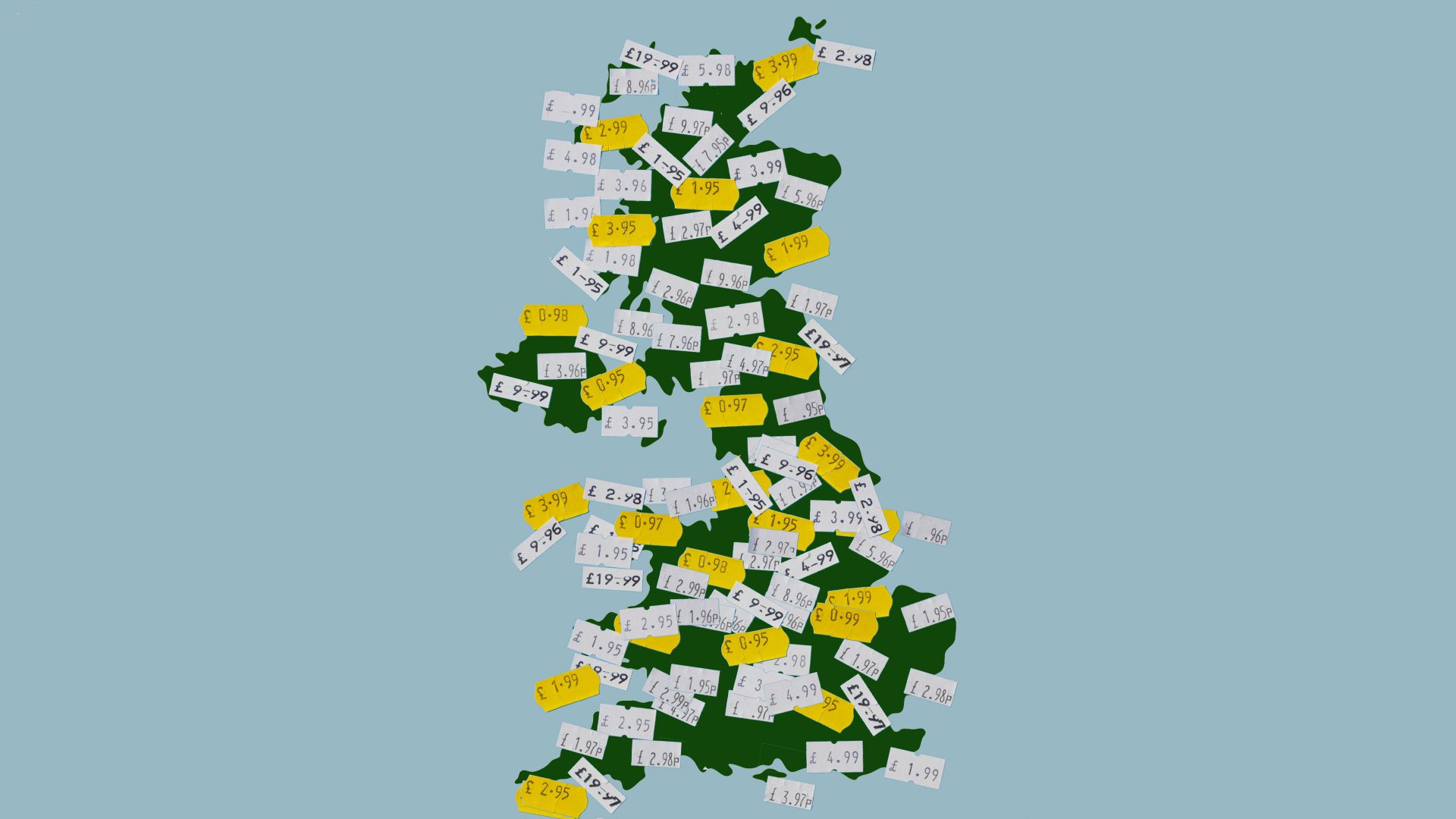I have just spent a very enjoyable couple of weeks in Scotland, including a trip to a very remote part of the British Isles. One thing noticeable on my travels was that – as is the case in many other parts of the UK, especially in regions traditionally “left behind” by Westminster – there are still signs everywhere pointing out that some road, building or infrastructure project was part-funded by the EU.
It is one of the many tragedies of the Brexit campaign that Leave managed to persuade people in many of the far-flung parts of the UK that they would get even money if they voted to quit the EU. The canny Scots resisted, but other distant regions were conned.
I remember on the very day of the referendum result Cornwall Council demanded that the Westminster government replace all the funding from the EU that it had been receiving for years, in full, immediately. Well, to cut a long story short, they haven’t.
To be fair to the Cornish, the British government promised to replace the funds from the EU in full with something called the UK Shared Prosperity Fund. This was a manifesto commitment.
But Scotland, for one seems, to feel that it is missing out on what it used to receive – by some 60%. So far it claims to have only received £212 million from the new scheme over the last three years, while EU funding was worth £549 million over a similar period.
Wales was the biggest recipient of EU regional funds in the UK, with money going straight to its poorest region in an attempt to help them “level up” before Boris Johnson had even heard of the phrase. It now claims to be in an even worse predicament than the Scots. It has been earmarked for £632m in replacement funds in the period, which it claims is a shortfall of £772m.
Northern Ireland says it is also suffering, but it is the English regions that voted for Brexit which are being worst hit by the planned cuts.
Cornwall, with a host of Tory seats, has done better than most, but is still facing cuts. Loyalty to Brexit is apparently not rewarded
The government claims that it will ramp up the regional payments over time as some EU money is still trickling through. Yet the regions say they are losing many millions a year.
The fact, as a recent discussion about whether the UK is poorer than Mississippi shows, is that the UK has some of the poorest regions in Europe. Only London and a few other very wealthy hotspots are keeping the nation’s head above water.
We desperately need to invest more, not less, in our regions. But in typical fashion, the changeover from one system to another has been used to secretly cut back on spending.
You don’t catch up with the really prosperous parts of the country by spending less on the poorest, so the huge imbalances in the British economy will continue to get worse, not better.










